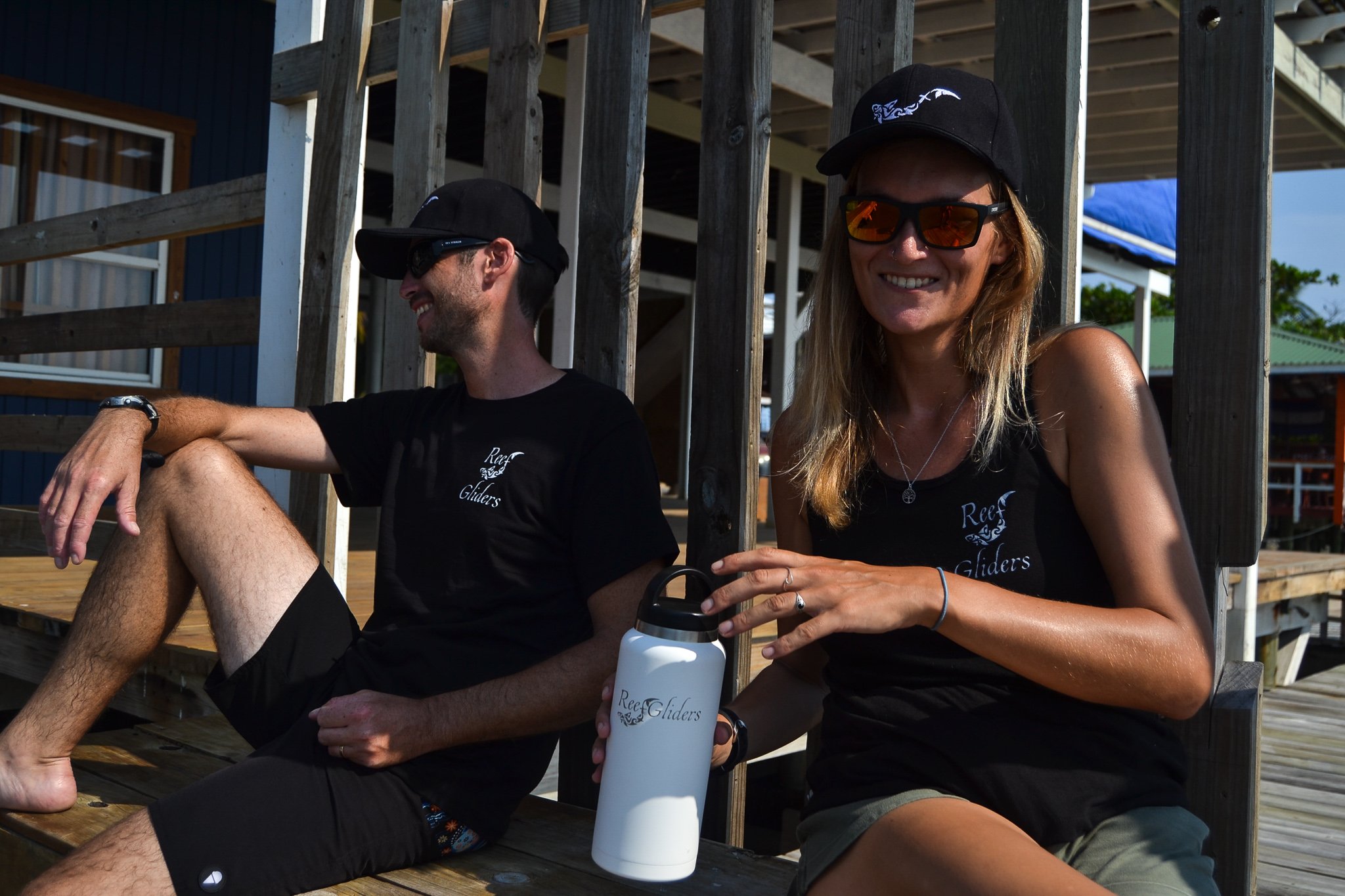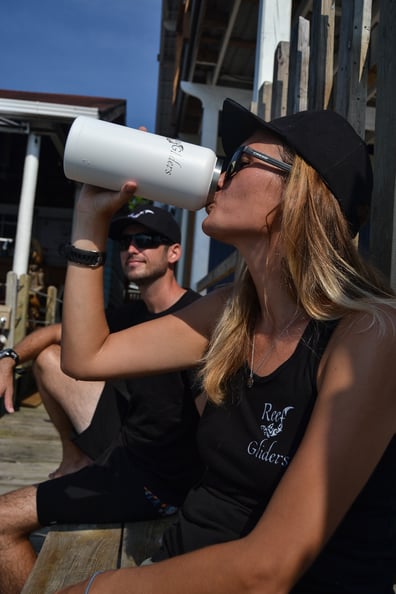Hydration and the importance of it while diving.

 Hydration is an essential aspect of scuba diving, as it helps to prevent a variety of health complications that can occur when diving. The human body is composed of 60% water, and this water is necessary for the proper functioning of the body's systems. When diving, the body's internal temperature is cooled, and the body loses water through sweat and respiration. If the body does not receive enough water to replace this lost water, it can lead to dehydration, which can cause a variety of problems for divers.
Hydration is an essential aspect of scuba diving, as it helps to prevent a variety of health complications that can occur when diving. The human body is composed of 60% water, and this water is necessary for the proper functioning of the body's systems. When diving, the body's internal temperature is cooled, and the body loses water through sweat and respiration. If the body does not receive enough water to replace this lost water, it can lead to dehydration, which can cause a variety of problems for divers.
One of the most significant problems caused by dehydration is the risk of decompression sickness, also known as "the bends." Decompression sickness occurs when dissolved gases in the body, such as nitrogen, come out of solution and form bubbles in the blood and tissues. These bubbles can cause a variety of symptoms, including joint pain, numbness, and paralysis. Dehydration increases the risk of decompression sickness because it increases the blood's viscosity, which makes it more difficult for dissolved gases to come out of solution.
Another problem caused by dehydration is the risk of hypothermia. When the body loses water through sweat and respiration, it also loses heat. If the body does not receive enough water to replace this lost water, it can lead to hypothermia, which can cause a variety of symptoms, including shivering, fatigue, and confusion. Hypothermia can also increase the risk of decompression sickness, as it causes the blood vessels to constrict, which makes it more difficult for dissolved gases to come out of solution.
Dehydration can also cause fatigue and confusion, which can make it difficult for divers to navigate and make decisions. This can increase the risk of accidents, such as getting lost or running out of air.
To prevent dehydration while diving, it is essential to drink plenty of water before and after the dive. It is also important to stay out of direct sunlight and to wear protective clothing to help reduce the amount of water lost through sweat. Additionally, divers should be aware of the signs and symptoms of dehydration, including thirst, dry mouth, and dark-colored urine, and should immediately stop diving and seek medical attention if they experience any of these symptoms.
So bottoms up and keep filling those water bottles with some H2O!
